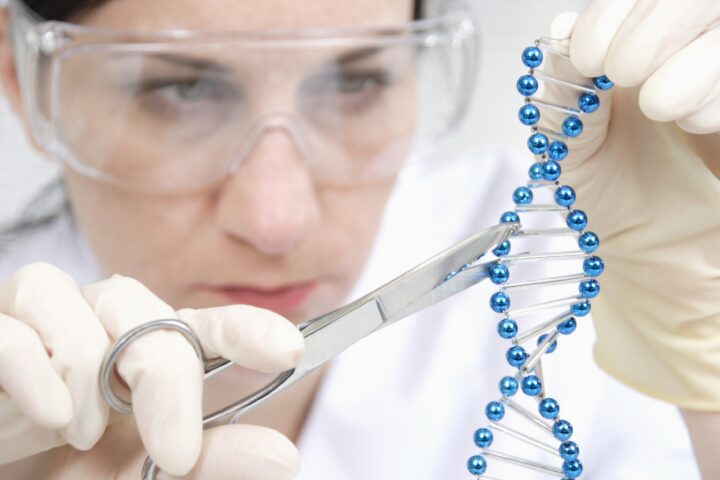
On the trail of POISONs
New 2023 data from Tox Info Suisse shows: Medicines and household products are primarily responsible for poisonings in Switzerland. Tox Info provided over 40,000 telephone poison counselling sessions last year. The statistics contrast with the media coverage. When the media talk about "poison", the focus is usually on pesticides. In the consultation statistics, however, products from agriculture and horticulture figure towards the bottom of the table with 2.2 per cent of consultations.
Friday, January 26, 2024
"With 41,261 consultations, poison counselling was used 1.7% more frequently than in the previous year. As is the case every year, a good 40% of enquiries related to children of pre-school age, which typically involve accidents. For adolescents (around 5% of all calls), on the other hand, the focus is on intentional poisoning, especially suicide attempts and, to a lesser extent, substance abuse," writes Tox Info Suisse in a press release. Radio SRF has also reported on this. (4:29)

The poisoning counselling statistics are also consistent with statements by experts. The German veterinary surgeon and microbiologist Andreas Hensel, for example, showed in a remarkable interview with the Berlin Tagesspiegel how misguided people's perception of the risks associated with pesticides is. Hensel has been the first president of the Federal Institute for Risk Assessment in Berlin, which analyses the safety of chemicals, since 2003. A particular focus is on consumer protection. Hensel recently coined the phrase in the FAZ: "Most people don't die from things they are worried about."
The statistics from Tox Info Suisse contrast with many media reports on the subject of crop protection, where there are constant warnings about poison in food. Hensel also told the FAZ: "In Germany, the fear of so-called chemicals in food is particularly high. Yet our food is safer than ever before. In our everyday lives, we constantly come into contact with potentially dangerous situations or substances. Despite this, there is not necessarily a risk to our health. There is no evidence in Germany that anyone has been poisoned by food containing crop protection residues. This is shown by the evaluations of the German poison information centres. Nevertheless, the scaremongering narrative of toxic crop protection residues has been used regularly for decades."
Good to know:
Chemophobia refers to a panicky fear of chemicals. In contrast, the natural world is seen as the source of all good things. From a scientific point of view, this simplified view is nonsense. Synthetic is not synonymous with toxic, as laypeople often think. The dose is decisive for the toxicity of both natural and synthetic substances.
Kindly note:
We, a non-native editorial team value clear and faultless communication. At times we have to prioritize speed over perfection, utilizing tools, that are still learning.
We are deepL sorry for any observed stylistic or spelling errors.
Sources
Related articles

Genetic scissors for the future – soon in Switzerland too?
Genome editing is seen as a promising way to make agriculture more sustainable and climate-resilient. But Switzerland is hesitant to approve it. A popular initiative even wants to ban it. But what can CRISPR really do?

Less than 50 percent: How Switzerland is squandering its self-sufficiency
Swiss agriculture is under enormous pressure. Extreme weather conditions, pests and increasingly stringent regulations are putting producers under strain. As a result, self-sufficiency is falling dramatically, especially for plant-based foods. To ensure food security in Switzerland, effective plant protection products are urgently needed.

Only half the truth in the genetic engineering debate
Those who only see the risks remain blind to the opportunities offered by a new technology. Opponents of genetic engineering have presented a new survey on new breeding methods, which reveals some telling gaps.

«The FOAG is abandoning productive agriculture»
Increasing pests, missing tools, growing bureaucracy – the farmers' criticism of the federal government is loud and clear. Swiss agriculture is at its limit, reports Blick. The demand: effective plant protection products are urgently needed again.

